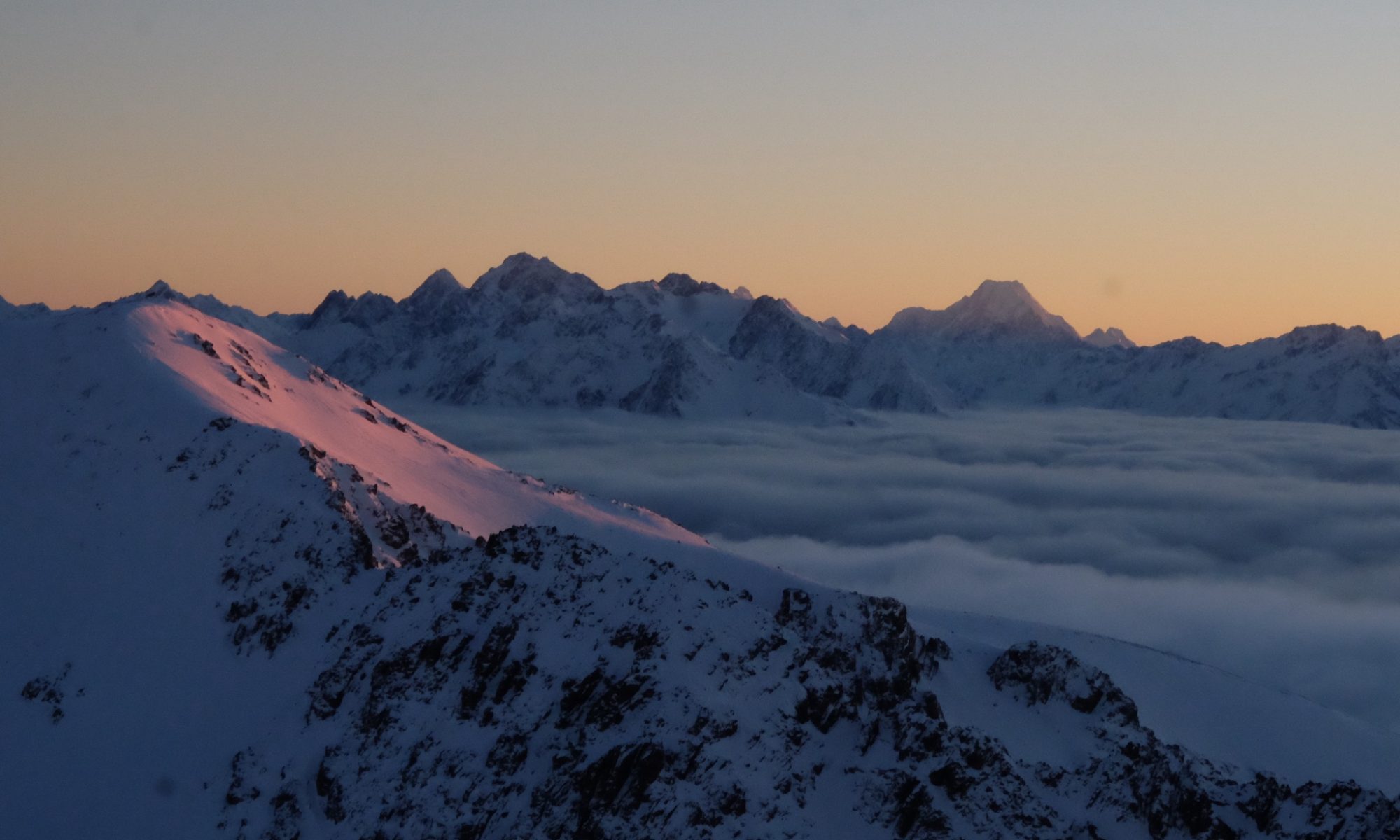Sorry to be late to the game, but after coming back from my weekend I heard that I had been inadvertently celebrating International Mountain Day, awesome! After a little more research I learned that this year’s theme was Mountain Farming, more awesome! Seeing as how my life pretty much revolves around these two subjects, I thought I’d share the little bit I learned about this great holiday, as well as a few thoughts on the importance of mountains in our lives.
Mountains cover over 1/4 of the Earth’s surface, and are home to about 12% of the world’s population. They’re ecosystems are fragile, and home to precious resources like clean air, water, and open wilderness that is becoming more and more scarce. Mountain regions are also unique in that the impacts they sustain are almost always transferred downstream, and in case you need a reminder, we all live downstream.
International Mountain Day was created by the U.N. in 2002 after years of increasing attention on the importance of mountains and their environments. Mountains are basically the globe’s water towers, proving fresh water to at least half the world’s people, they’re characterized by dramatic, diverse, and dangerous environments, and are also home to some of the world’s poorest and most disadvantaged people. Mountains hold most of the world’s last – and hardest to reach – precious resources, but as we continue to exhaust all of the easier options mountains will need to be protected from our last-ditch efforts at continuing our high-energy lifestyles.
The General Assembly of the U.N. proclaimed 2014 to be the International Year of Family Farming, and subsequently announced the theme of this years International Mountain Day to be Mountain Farming. Through this effort the U.N. hopes to raise awareness about how mountain agriculture has been a model for sustainable development for centuries.
Mountains are home to rapidly changing environments, where seasons are harsh and well defined. For farmers, mountains do not obey to the modern, industrialized and monoculture driven model, but rather, through their dynamic nature, they call for a systems approach integrating the land, the air, the people and the animals.
Since 2008 I’ve spend summers traveling across the west WWOOFing and volunteering at farms and gardens nearby to mountains and climbing opportunities. More than anything else, these experiences have taught me the most about what’s really important in life, how society is broken, and how we can fix it. Our food system is in dire need of a complete overhaul, from factory farms and genetically modified organisms, to the pesticides, chemicals, and international transportation of produce that happens every day. Modern family farming offers the antidote. We need to localize our food system, and we need to naturalize it as well, putting less emphasis on chemical fertilizers and pesticides, and more stock in natural methods and homeopathic or biodynamic remedies.
Mountains have always been providers, long being home to the wild bounty of nature. But mountains are also providers of inspiration and challenge, offering rare glimpses of insight into the ageless wisdom of the Earth.
Mountains deserve our respect, and they need our help. They stand sentinel over our chaotic civilization, offering unheeded advice on the way forward. Today, more than ever before, we have the most to benefit by listening to the lessons of these ultimately stoic beings. How we approach the mountains, what we seek out in their company says a lot about who we are and how we relate to the world. Every day we must act as if we are stepping lightly through the mountains, unsure of our ascent and respectful of the dangerous and fragile fold we inhabit.
I spent my weekend riding around the beautiful mountain pictured above, not because I hope to prove or accomplish anything, but simply because I worship them. To me mountains offer the most hope, the most inspiration, and the most practicality for the challenging road ahead. I have learned that if you step softly, and remain in quiet awe and reverence of these magical places, you may leave them having been imparted with immeasurable wisdom. But like anything, with this knowledge comes responsibility, and it is our responsibility as members of the mountain culture, through our actions and speech, to offer alternatives to current preconceptions and ingrained habits. Get out there, and let the mountains guide your will.
For more info on International Mountain Day, or Mountain Farming, have a look at the U.N.’s page’s here. If you’re interested in pursuing some mountain farming yourself, get a head start and browse the WWOOF catalogue here, or check out a number of paid internships here.
Cheers, Tim.

